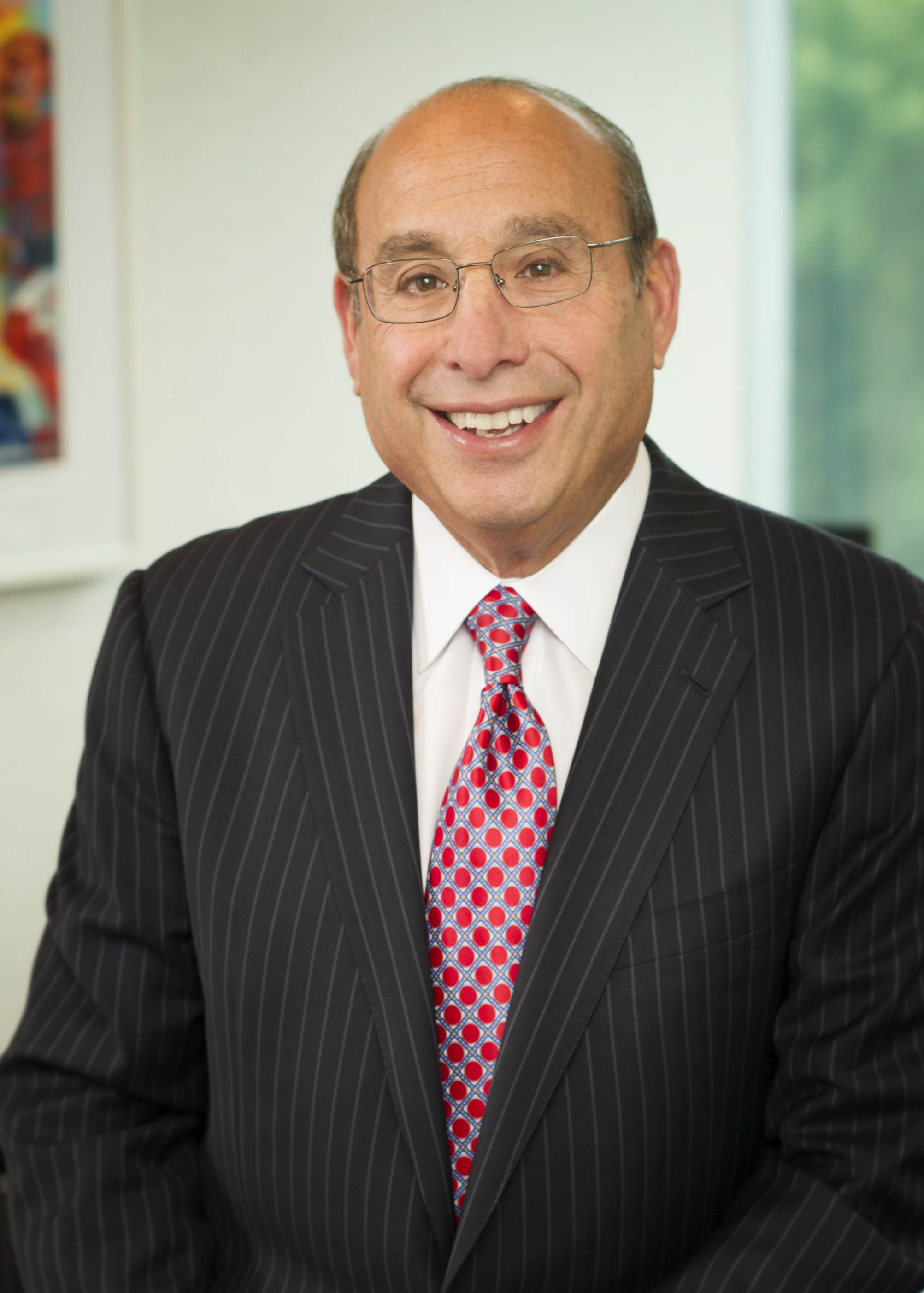Barry H. Ostrowsky was president and CEO of West Orange, N.J.-based Barnabas Health until this April, when the system merged with New Brunswick, N.J.-based Robert Wood Johnson Health System. Then he took the helm as president and CEO of the new West Orange, N.J.-based nonprofit, 11-hospital system that will reach 5 million people.
Mr. Ostrowsky earned his law degree from Knoxville-based University of Tennessee School of Law. After serving as a senior partner at Roseland, N.J.-based Brach, Eichler, he joined Livingston, N.J.-based Saint Barnabas Medical Center in 1991. He continued in his role as executive vice president and general counsel when Barnabas Health was created in 1996. Mr. Ostrowsky became president and COO in 2010 and was named president and CEO in 2012.
Here, Mr. Ostrowsky spoke with Becker's about leadership, his love of New Jersey and why he said the Barnabas-RWJ merger happened "almost seamlessly."
Question: What prompted your interest in healthcare?
Barry Ostrowsky: I was trained as an attorney. When I got out of law school, I joined a law firm and built a practice in representing healthcare clients. I saw something magical about people engaged in healthcare. What drew me to healthcare were the people who worked in healthcare. Healthcare workers are special people who are driven by a call or mission. That is attractive beyond anything I can describe.
When I was given the opportunity to transfer from the practice of law representing these people to being one of them, I took it. It's been unbelievably fulfilling over the past 25 years.
Q: What are the most lacking traits among leaders today?
BO: Leadership, of course, is something that's different than management. You can become a wonderful manager in the business sense but not necessarily a good leader.
Gaining the trust of your colleagues is crucial. If there is not trust at the most basic level, and if people don't trust that you have the best interests of others, I don't think you can be an optimally successful leader.
Leadership is built on the sharing of ideas and the respect of other people who might have different ideas. Trust is born of mutual respect. There's a saying I like that goes, "I don't think there's any topic so dangerous you can't talk about it." But there are a lot of folks who don't want to talk about certain things because they don't want others' input on them. If you're going to be a good leader, you need the trust of the people you're going to lead. The only way you get that is through a mutual respect between the leader and those he or she is supposed to lead.
Q: What do you enjoy most about the West Orange, N.J. area?
BO: I was born and bred in New Jersey, and except for three years in law school, I've been here all my life. I am a person who loves to try to recruit someone to New Jersey — I think it's a great place to live.
Geographically, we're close to New York, which I love. You could also be near a farm and ride horses. We have everything I think anyone could want.
New Jersey is still a bit of an anomaly in healthcare. We're a fee-for-service, open-access state entirely.
Q: This spring, Barnabas Health and Robert Wood Johnson Health System merged. What were the benefits and the challenges of the merger process?
BO: I've had the luxury of doing many transactions throughout my career. This was the biggest, most complex and smoothest. It involved two like-minded organizations that are similar in mission and in culture. Because of the goodwill of my management colleagues, it came together beautifully and almost seamlessly.
The benefits are clear. Prior to the merger, a consultant's report estimated the financial synergies gained from the transaction. We've already come up with 30 to 40 percent more than what was estimated. Aside from giving us financial synergies, this platform we've built allows us a very good point of departure to build a partnership with New Brunswick, N.J.-based Rutgers University, which owns two medical schools. Our partnership goal was made far more realistic because we built a larger system as opposed to doing it individually as two separate systems.
Anyone who says there's never anxiety or nervousness [when going through a merger] is not telling the truth. Our transaction required no change in institutional status among our hospitals. But there is always a natural anxiety about what's going to happen. Trying to remove that anxiety is appropriate, but you have to realize you can't remove it all. You have to encourage people to tell you their anxiety.
[Barnabas Health and Robert Wood Johnson Health System] were both successful organizations coming together, and that's a more interesting story to tell. I can't even point to something that's been disappointing.
Q: What are RWJBarnabas Health's goals for 2017?
BO: The big goal is our new partnership with Rutgers. We anticipate having an announcement on it by the end of this year, with a more definitive agreement executed by the middle of next year.
In addition, we're bringing in more of a focus on the social determinants of health. Over the next three years, we're going to be making investments in nonclinical care to help people make good lifestyle choices.


